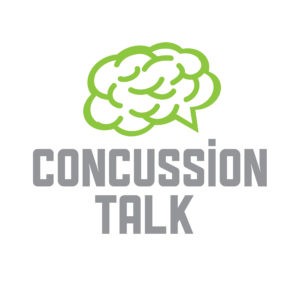In June, the Newfoundland and Labrador Brain Injury Association, of which I am on the Board, is holding a symposium-type event to discuss brain injury, who it effects and how we think we can help people in the province. I have been asked to talk about my experiences, so right now, I am writing and gathering ideas – from previous posts on this blog and from my mind – so that I can talk about my brain injury, my recovery and the struggles and opportunities that have come out of my experiences. I have named my talk: (Brain injury) Recovery experiences, challenges and new opportunities. Now it’s just a matter of putting this all together.
Before my brain injury I wasn’t a very confident speaker, but once I got going, my nervousness would disguise itself as confidence and I could ramble and bullshit my way through a lot. I have almost the opposite problem now; Now, my speech belies my confidence (this is unfortunately true in more situations than public speaking) and there’s a lot for me to talk about on this subject.
I am very excited about talking about this and I’ve got to make some decisions to keep the audience interested. Here’s the way I see it: 1) Most people reading this blog are my friends and you may be interested to hear my thoughts because most of you knew me before I was injured and want to know how I feel now and what’s changed for me personally. I can’t thank you enough for your support during and since. Thanks so much everyone! 2) You’re the audience for this blog, not for my talk in June. That talk is for people who, for the most part, don’t know me, so I’ve got to give them some background on my life before August 1, 2003. Not too much though. The point is to talk about my experience with brain injury. 3) I’ve got to talk about more than my recovery. I’ve got to talk about my life since, but what parts? How much? My friends? My family? 4) I should talk about my double vision. I’m writing this mostly as a reminder to myself because I always forget to mention it to people, unless there’s an upcoming surgery or if I just had surgery (like now). It’s easy to forget because memories and thoughts about the future, in my head, are normal vision. The date of the symposium-type event is just before my follow-up appointment with my eye doctor, so the subject should be more towards the front of my mind.
The part of my talk I’m most interested in is not really ‘part of my talk’ at all: I’m most interested in taking questions. I don’t know what parts of my talk people will focus on when asking questions, but I am almost certain someone is going to ask me “What does it feel like?” I really have no idea how to answer that, but I find it interesting, at least in the philosophical sense. People have asked me what being in a coma was like. I don’t like my answer, but I always give the same, “I wouldn’t know. I was out cold”-response. It’s a pretty lame attempt at humour and maybe I inadvertently make the questioner feel stupid for asking. That’s not my intention and I really don’t mind the question at all, but I sometimes think: “How am I supposed to answer that? Do they even know what a coma is?” But, I’ve asked the same question since my coma because I always hope someone has something. Inevitably, their story ends up as boring as mine. I’ll keep asking though.
How do I get my point across to different people when every single brain injury is unique. I share some similar experiences with others who have been brain injured, but I have no idea how they feel. The experiences I share are often those in the ICU or rehab.
So, I will talk about my brain injury, that’s what I know, but brain injury as a topic is much better discussed by the neurosurgeon who will also be speaking. Appropriately, it’s the same neurosurgeon who replaced the left side of my skull after it and I were flown home from Victoria a month after I flew head first into a tree.

Leave a Reply